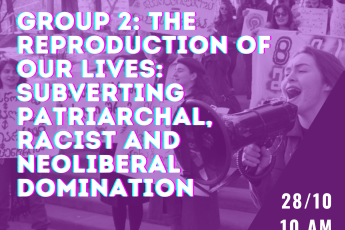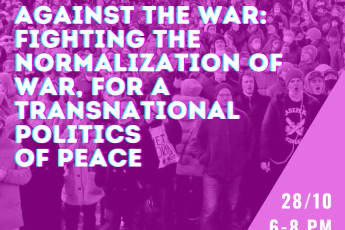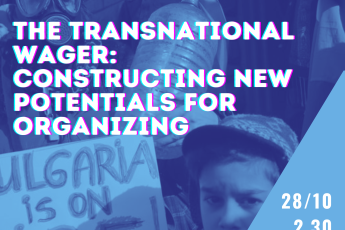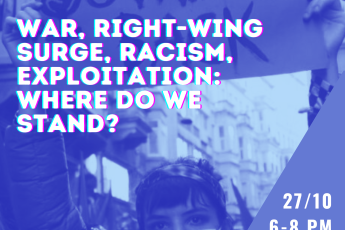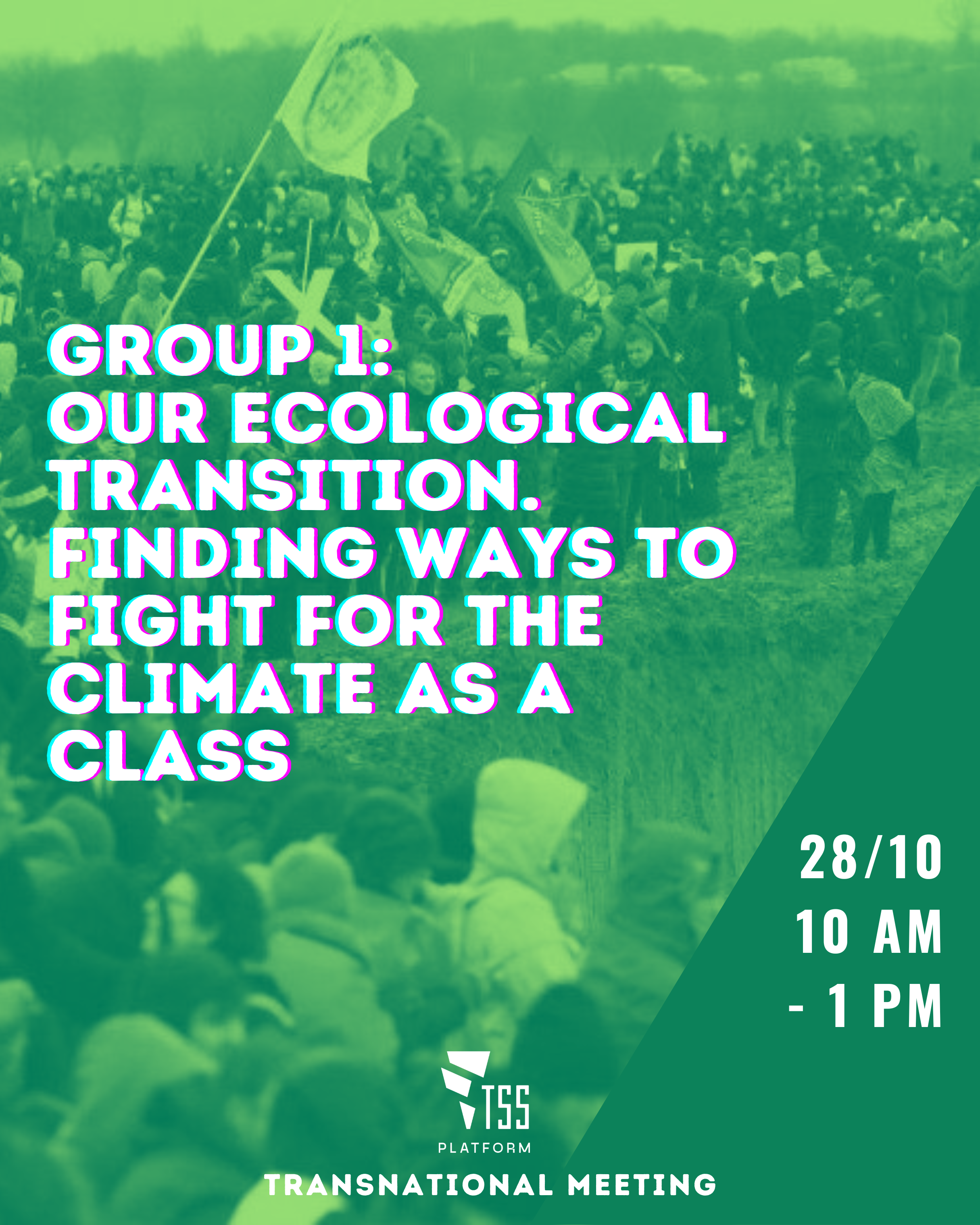
SATURDAY OCTOBER 28th: WORKSHOP 1 10h-13h (Granata)
To discuss ‘our ecological transition’ means focusing on how to direct our collective efforts as militants, workers, and unionists towards a radical system change. We need to organize on a transnational level by connecting our claims and finding common terrains to act, by recognizing the tensions, differences and contradictions that divide struggles that are already going on within and against the green transition – from workers strikes in variegated productive sectors to social movements openly asking for a ‘just transition’ – so to turn them into possibilities for a climate class conflict.
To assume the ecological transition as a terrain of struggle allow us to refuse the deadly alternative between the so-called “green” investments and right-wing anti-ecologist measures, made even more rigid by the escalation of militarism, nationalism and war scenarios. It allows us to push for a climate class politics animated by the communication among the subjects who are suffering the social and economic consequences not only of the climate crisis, but also of governments’ green policies, which for instance are causing more workers’ exploitation and more control on migrants’ movements.
Refusals of these politics are already taking place. While workers’ are opposing the worsening of their working conditions in strategic productive sectors for the green transition, climate activists organize blockades and Global days of climate strike. On some occasions, alliances have been experimented between these struggles. A transnational climate class conflict needs to build on these attempts by facing the contradictions that cross both the green transition and our opposition to it. We need a common discourse and common words to overcome the limits, differences and difficulties that divide struggles, allowing us to recognize that racist, patriarchal, and anti-workers’ policies overlap with governments’ measures to let capital profit from ‘green’ resources, so we cannot fight for the climate without refusing capitalist attempts to manage it.
In this sense, we think that climate class conflict is also a perspective on our current struggles and experiences of organization that aim to turn the climate crisis and its government – a global issue with local effects – into a transnational field of struggle. We thus want to address the key questions that the transnational organization of a climate class conflict has to face: how do we foster a transnational organization that does not simply put together local organizations, but tries to overcome the limits and difficulties experienced at the local level? How can we develop a capacity to intervene in our different contexts that does not replicate the fragmentation of our situations? Can we still see the strike as a way to fight against the variegated conditions related to the climate crisis and its government?


